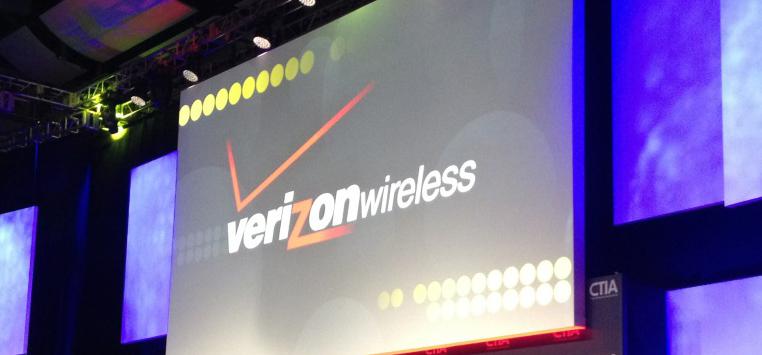
There’s been a fair bit of controversy surrounding the spectrum auction that’s slated to take place next year. For example, last month AT&T threatened not to participate if the FCC decided to set aside a certain amount of the available spectrum for smaller carriers. Today that auction is back in the news, as the FCC has reached a decision that will affect both AT&T and Verizon.
As noted by Reuters, the FCC today voted 3-2 along party lines to set aside some spectrum in each market for carriers that don’t already have a large amount of low-frequency airwaves. This limits the amount of spectrum that AT&T and Verizon will be able to purchase, as FCC Chairman Tom Wheeler explains that those two already own nearly two-thirds of the low-band spectrum.
“What this rule does is prevent those with current low-band spectrum from monopolizing the market in the auction by assuring that some spectrum will be available for those with insufficient amounts of spectrum to serve rural areas and penetrate buildings,” Wheeler said.
The FCC also voted 3-2 to expand the spectrum screen, which is a way to determine which spectrum is able to be used for wireless connectivity. This decision enables Sprint and Dish Network to use more of the airwaves that they already own.
Both Sprint and T-Mobile have been lobbying the FCC to do something to ensure that AT&T and Verizon don’t dominate the mid-2015 spectrum auction, and it looks like the two smaller U.S. carriers got their wish. And while AT&T and Verizon probably aren’t pleased by the FCC’s decision, their desire to gather up more spectrum — especially these valuable low-frequency airwaves — means that it’s unlikely that they’ll sit this auction out.